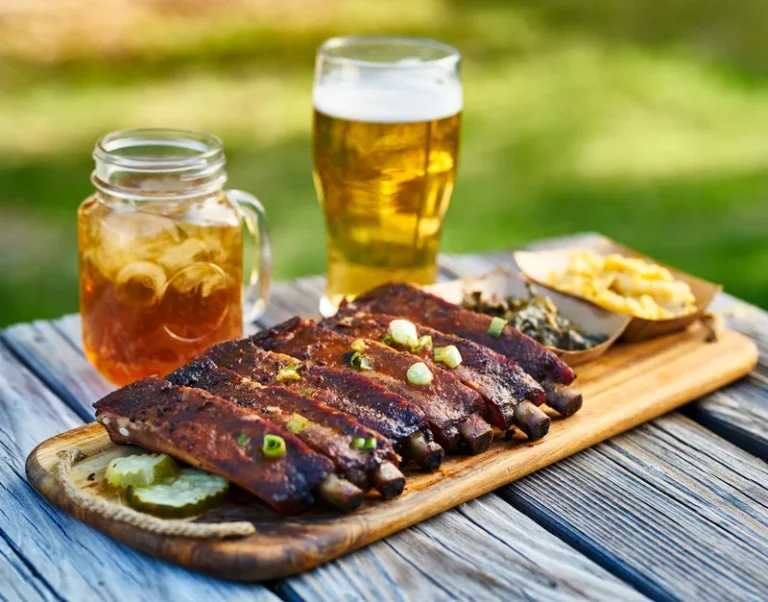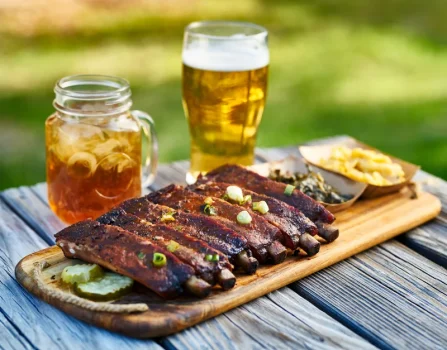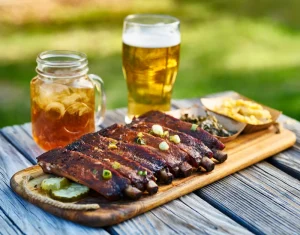
Unfortunately, quitting something that’s become an addiction isn’t as easy as simply making the decision to stop. This has an effect on the life of the person exhibiting this consistent anger. It makes people — even their closest friends — less willing to spend time with them. Suddenly, the person they know and care for is a much different, angrier person — short-tempered, abusive and often violent. Understanding your triggers helps you avoid or prepare for these situations.

Alcohol-Induced Aggression
- Similarly, long-term use of alcohol can also result in psychological dependence and withdrawal symptoms upon avoiding alcohol use.
- Understanding the role of family therapy as a dimension of the overall healing picture is essential to recovery success.
- You can limit your alcohol intake, drink water in between alcoholic beverages, and avoid situations that might trigger anger.
- As predictive analytics continues to evolve, it may play a crucial role in shaping the future of addiction treatment and improving outcomes for individuals suffering from AUD.
- Research suggests several factors may be involved, including personality, genetics, social considerations, brain chemistry, and brain changes.
- Statistics show that violence related to alcohol can lead to significant injuries and other issues.
The goal of outpatient treatment is to provide therapy, education, and support in a flexible environment. Groups like alcohol and aggression Al-Anon or Al-Teen are available to help support people who have been affected by a loved one’s alcoholism. Additionally, there is evidence that chemical and biological factors play a role. People with higher levels of testosterone are more likely to be aggressive.

Crisis Management
- In some cultures, alcohol-fueled aggression might be more tolerated or even expected, while in others, it’s strongly discouraged.
- By implementing these changes, you’ll be better equipped to address your challenges head-on and create a healthier, more balanced life.
- All of these therapies work toward assisting the client to change their behaviors by guiding them toward recognizing disordered thinking and addiction behavior responses.
- Specifically, they exhibited a reduced capacity to detect sadness and fear and a reduced tendency towards seeing happiness.
- Treatment involves talk therapy and medicine to help you control your aggressive impulses.
Anger is not always a big issue unless it causes problems in your relationships with family, friends, and loved ones. However, if anger is not treated and managed appropriately, this may cause harm to your health. It may be possible for someone alcoholism symptoms with anger management issues to change their behavior. However, this can depend on having a willingness to change, the support of friends and family members, and, if needed, professional help.
- However, some people are more likely than others to be angry when drinking alcohol.
- It does this by impacting neurotransmitters, which are chemicals that help send messages throughout your brain and nervous system.
- When combined with counseling, this approach is proven highly effective.
Definition and Symptoms
If you believe you or someone you know is experiencing alcoholic rage syndrome, seeking professional help from reputable addiction treatment centers may be the most reliable option. Addiction treatment providers, such as Sabino Recovery, understand the unique challenges residents face and offer programs tailored to address their specific needs. Besides personal and relational consequences, alcoholic rage syndrome also has a negative impact on society. Increased rates of aggression and violence can lead to higher levels of crime.

What this means is that people whose personalities make them naturally quicker to become angry than others are even more likely to lose control under the influence of alcohol. Alcohol can cause changes in the brain and behavior, leading to aggression. It affects cognitive functions and emotional regulation and is influenced by psychological and social factors.

When you live with or care for someone who becomes abusive when they’re intoxicated, the consequences may well be more than just hurt feelings. The existence of an angry “crazy drunk person” is often featured in TV shows and movies because of the rising drama and action they bring to an entertaining storyline. Empathy can decrease tension and improve interactions, reducing the chances of hostile encounters. FDA (Food and Drug Administration) has approved the following drugs to cope with alcohol dependence.

- Let’s delve into the relationship between alcohol and anger, and explore ways alcohol-related rage can be prevented.
- For example, if you have a family history of alcohol abuse or domestic violence, you might be more prone to aggressive behavior when drunk.
Moreover, alcohol alters the delicate balance of neurotransmitters in the brain. It enhances the effects of GABA, the brain’s primary inhibitory neurotransmitter, which typically has a calming effect. However, it also reduces the activity of glutamate, an excitatory neurotransmitter. This imbalance can lead to mood swings and heightened emotional responses.

Neueste Kommentare